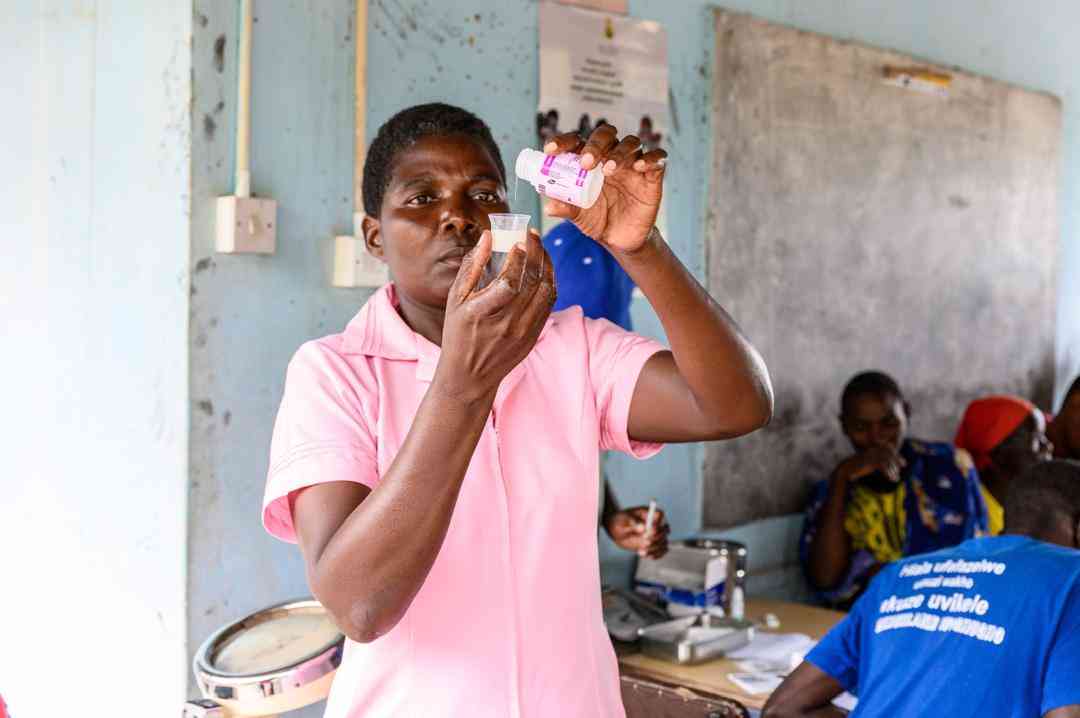
The outbreak of the coronavirus disease (COVID-19) can already be classified as the largest international news story of 2020 due to a range of factors.
By Carolyne Lunga
With increasing deaths and a rise in infections across the world, the role of investigative journalism cannot be overemphasised. Investigative journalism can play an important role in getting to the bottom of this pandemic in order to help citizens to understand what is going on.
Unlike daily journalism, investigative journalism goes further, and asks difficult questions to those in power by spending a considerable amount of time in order to understand an issue.
A lot of information is circulating online as people are coming up with all sorts of opinions and theories on the numbers of infected people, deaths, ways to prevent infection among others.
Daily press conferences across the world are making it easy for journalists to quickly compile news stories to publish in the next edition without a thorough scrutiny of issues.
Stories range from latest updates on the coronavirus, countries going on lock-down, politicians and celebrities who are testing positive, numbers of tests being done in different countries, social distancing, warnings made by politicians etc as seen in various global and local media reports.
- Chamisa under fire over US$120K donation
- Mavhunga puts DeMbare into Chibuku quarterfinals
- Pension funds bet on Cabora Bassa oilfields
- Councils defy govt fire tender directive
Keep Reading
This is not to say there has not been any critical coverage of the global pandemic by some media.
While it is important for citizens to be informed about what is going on everyday, press conferences and press releases should not be the main stories as they provide a beginning to investigations.
What is lacking from a survey of most local and global media are investigative journalism stories that dig deeper into this global pandemic.
We are seeing very few stories that take into account context and thoroughly break down issues.
Investigative stories on COVID-19 can unpack whether the strategies being employed by the government are proving effective.
They can dig deeper into the available facilities, what equipment they have, test kits and what they do not have, what measures are being taken to secure equipment at what cost and how it will affect the country in the long run, supported with facts and figures.
Investigative reporting can provide an understanding to what it means when an individual tests positive?
What symptoms are seen in individuals who end up in intensive care units (ICUs)?
Are there clear patterns in individuals who recover or those that end up in ICU?
Journalism should also expose businesses and politicians benefiting from the pandemic supported with factual information etc.
In recent times, we are witnessing a rise in cross-media collaboration in investigative journalism in order to expose corruption and wrong-doing.
A global pandemic such as Covid-19 opens a way for journalists to collaborate more.
The benefits can be numerous including, the ability to go deeper into issues, comparing infection and death rates and response strategies being adopted by different nations which individual media organisations may not be able to do alone in a constrained financial environment.
Another benefit can be that of coverage that does not fuel panic or sensationalism.
Clickbait headlines and stories should be avoided as they do not help citizens to understand issues more in depth.
Collaboration can also be beneficial to journalists sharing expertise and ideas via secure online platforms in order to analyse massive data sets which are being produced at this time in the different hospitals.
The importance of data is that it improves storytelling processes and gives readers an opportunity to verify stories for themselves and without collaboration it might be difficult for journalists to do these kinds of stories if they do not have the expertise of data analysis.
Various technological tools can be used in connecting dots in order to make sense of the data.
The Pulitzer Centre on crisis reporting is calling for proposals that develop innovative approaches to reporting on Covid-19 using collaboration among journalists and newsrooms across state lines or national borders.
As the globe is focused on fighting this invisible enemy, it is time for journalists to realise that the lone-wolf approach or competition among media houses will not be very beneficial to a society that is looking for answers in these uncertain times.
Carolyne M. Lunga is a Journalism PhD researcher at City, University of London and Graduate Teaching Assistant for International News.











